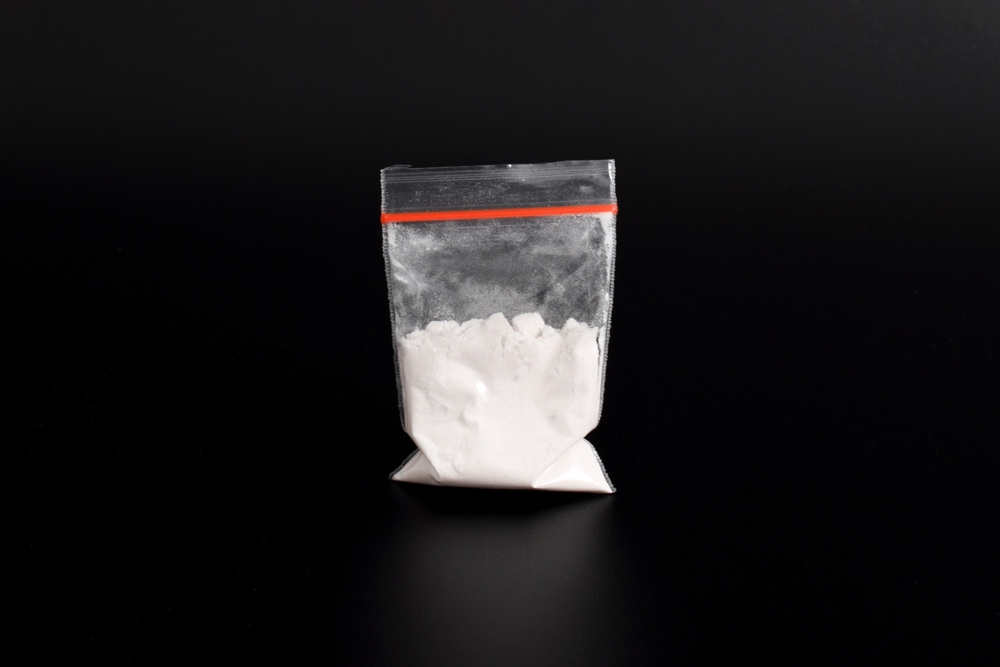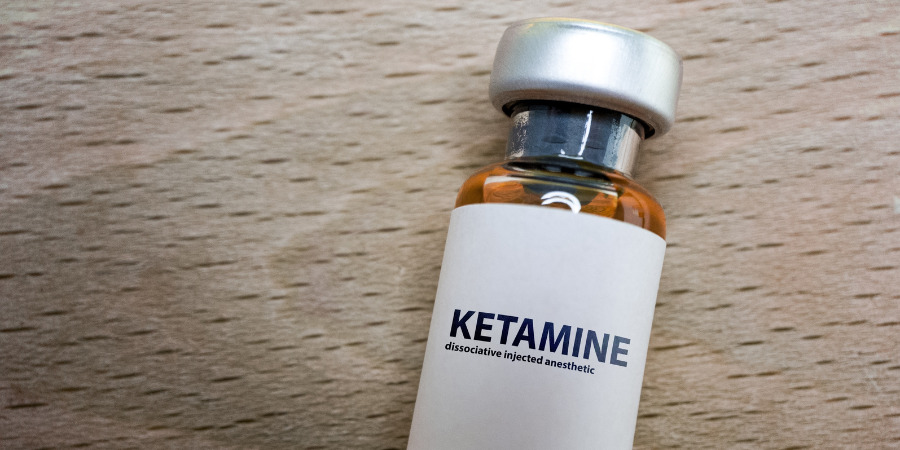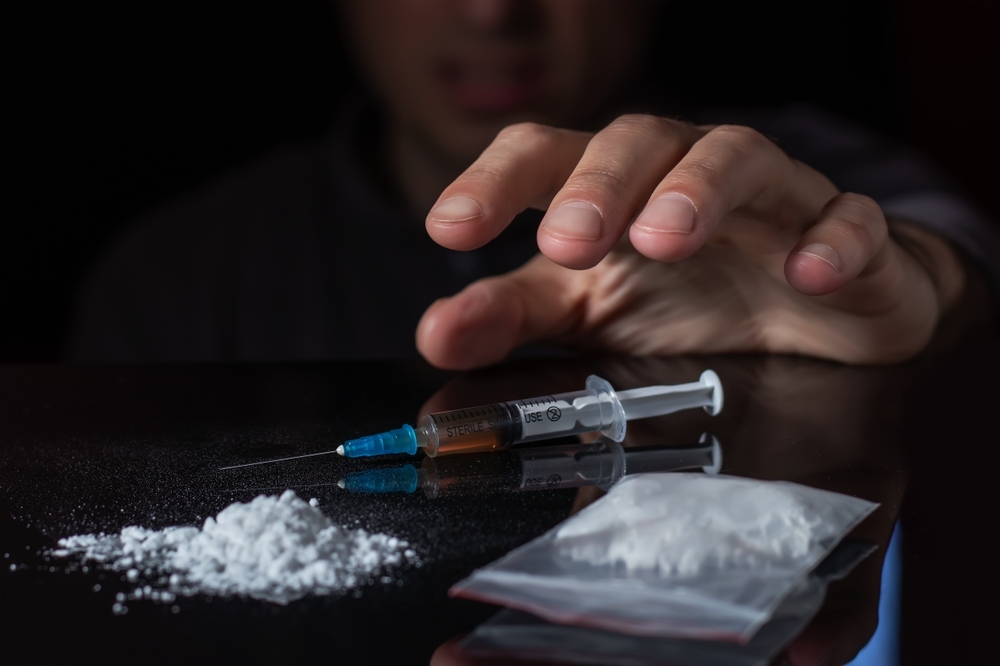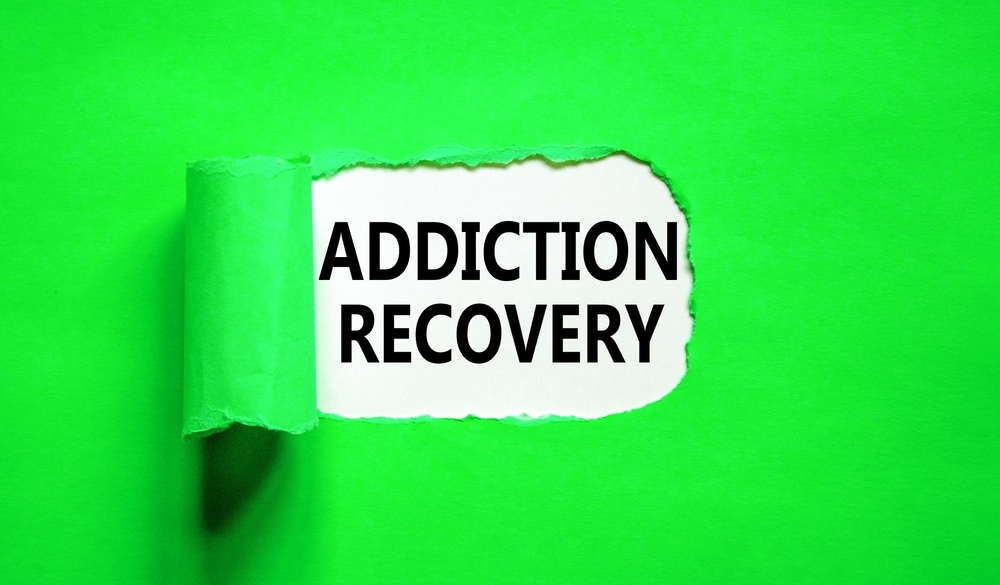According to research, more than half of people addicted to cocaine are also dependent on alcohol, and in most cas …
For anyone battling with an addiction, communicating the pain and torment you’re experiencing can feel impossible. …
For a person hoping to escape the invisible forces of addiction, dealing with just one substance can be a lifelong …
Even after key breakthroughs into its psychological drivers behind addictive behaviours, addiction remains a myste …
The use of ketamine is rising across the country. A 2023 government report shows that almost 300,000 adults had ta …
What does a runny nose have to do with drug use?
Most of us don’t think twice about a runny nose. Maybe it’s al …
For millions of people fighting a silent battle to break free from addiction, every day can feel like being in the …
Holidays, for most people, are a chance to drop their guard, relax and unwind. This celebratory time is often spen …
One of the greatest challenges in staying sober is managing addictive behaviours. The world around us is full of t …
Alcoholics Anonymous has historically been a safe space for recovery. AA’s 12-step program has helped millions o …
Cocaine addiction among young people is a huge concern in the UK, with recent data showing that 3.8% of people age …
Recovery capital is a powerful concept in the world of addiction recovery. It is like a toolkit packed with variou …












